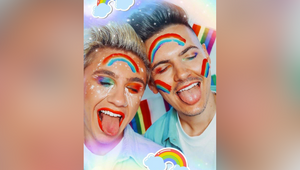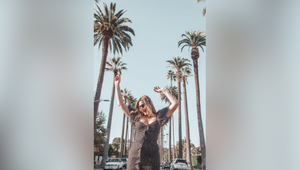
Mental Health Awareness: Telling Our story, Rewriting the Narrative and Learning to Ask for Help

2020 was the year of hard-won lessons. The COVID-19 pandemic brought nationwide lockdowns, an economic/financial crisis, and rising racial tensions. For most of us, “doing well” meant simply being able to muddle through the days. But, if there’s one thing last year taught the world, it’s that dark times often reveal what’s been “hidden” to the light. What is now – and should have been – very apparent to all is that Black people have been stressed long before the coronavirus pandemic.
It’s difficult to put into words the relationship between mental health and the Black community. There has been a longstanding history of the topic of mental health being taboo in our community.
This crippling stigma has unfortunately travelled generations.
Truthfully, the conversation is continuous but more consistent than ever before. We’re seeing more acceptance within our community, but the progress is slow. There’s still a mistrust of mental health professionals and the health industry in general amongst the community. The implicit bias and racial disparities amongst Black patients is still an obstacle we have yet to overcome.
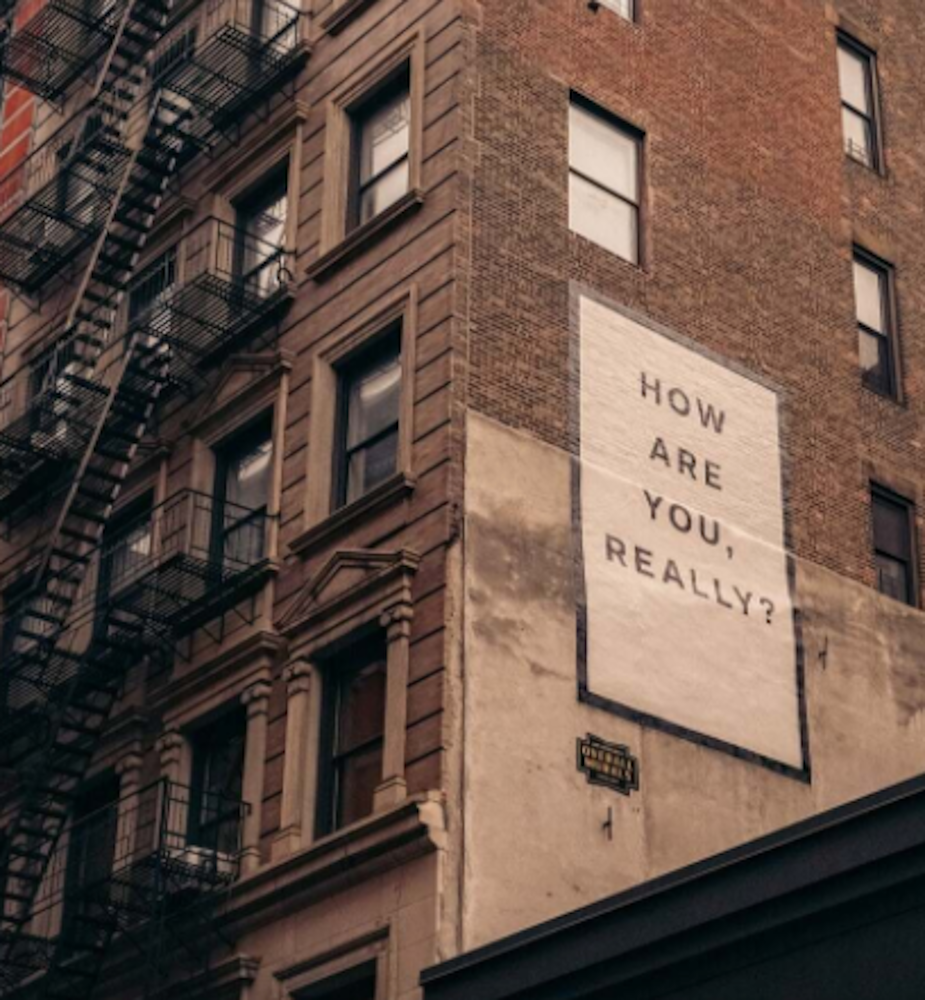
History and Access
"CAN YOU IMAGINE HOW MUCH EXPOSURE TO VIOLENCE, INVOLVEMENT IN THE SYSTEM AND INCARCERATION CAN IMPACT THE MENTAL HEALTH OF OUR COMMUNITY?"
This isn’t even factoring in the historical, economic, social and political influences that systemically expose our community to factors that have proven to be physically and psychologically damaging.
The unequal access to health care is one of the major contributors to this large disparity in mental health treatment. Once we have access to these doctors and professionals, we’re still having to deal with the lack of cultural sensitivity by these same professionals, leaving us feeling marginalized. That’s why we see such a heavy reliance on family, community and spiritual support instead of medical or psychiatric treatment (even when it is critically necessary).
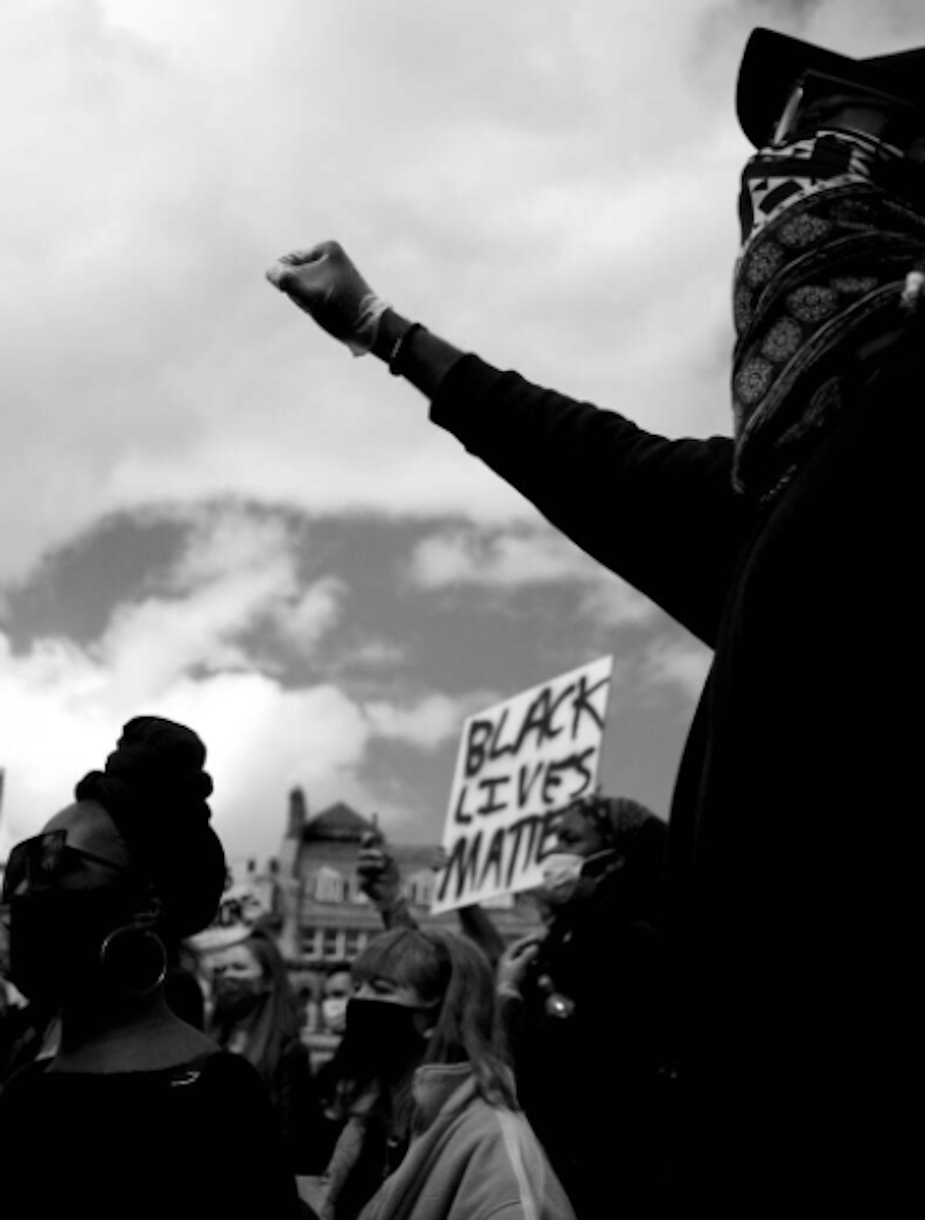
While stigma and minimization of symptoms are identified as significant obstacles for (lack of) mental health care, the cost of these systems is probably the largest issue of them all. Even prior to the pandemic, Black people faced many obstacles in obtaining adequate physical and mental health care. Structural barriers to accessing medical care already existed, in that Black Americans were more likely to be uninsured, not have a primary care doctor and again to live in underserved areas.
The pandemic related public health measures still oftentimes left those most vulnerable without services or on the margins. So with the lack of healthcare assistance, putting our lives on the line every single day, the mistrust of the medical industry and the ever present racial inequities… where does that leave us?
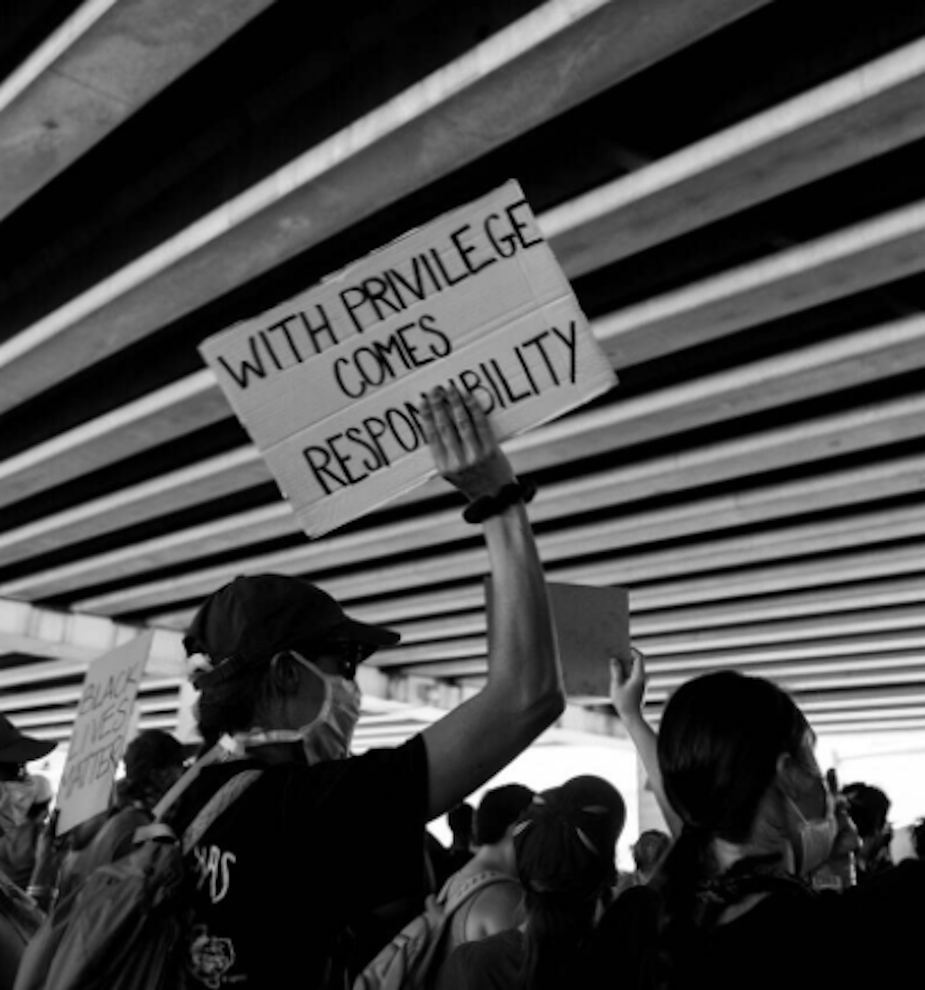
Social Media, Creators and Moving Forward
The power and the presence that creators command is constantly being redefined and is ultimately here to stay. This is ever present within the Millennial and Gen Z creators who are teaching by doing.
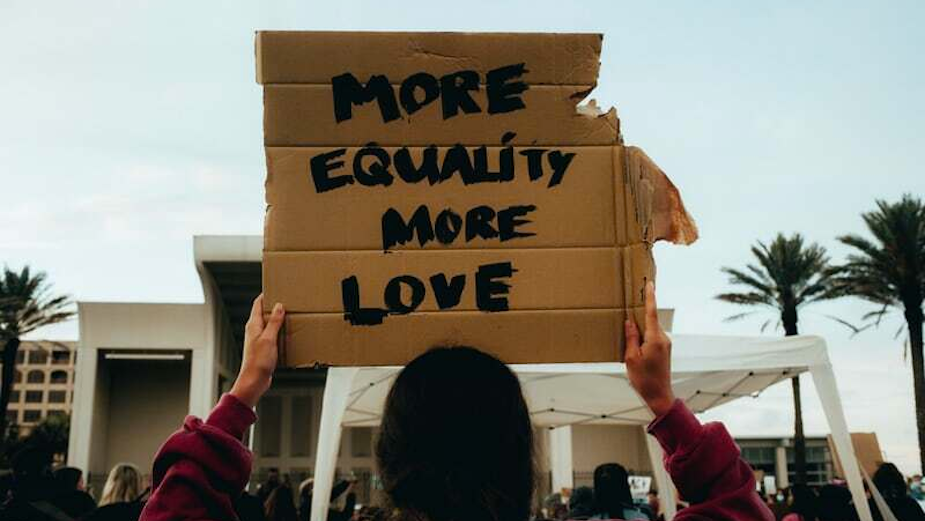
Overall, I don’t have all of the answers. I don’t have the magic solution that can fix the systemic racism in this country. I can’t flip a switch that can make Black people feel comfortable getting the help they deserve. Every day is a learning lesson for me as well.
But what I can say is that Black lives matter. Black bodies matter.
Black mental health matters.
I challenge you to prioritize your mental health not just this month, but every single day. Feel your feelings, but don’t live there. Get your body moving. Take social media breaks. Do something that makes you happy, just because. And most importantly, ask for help.
Resources and further reading:
USA: “44 mental health resources for Black people trying to survive this country.”
Global: General mental health resources and websites, by country.









